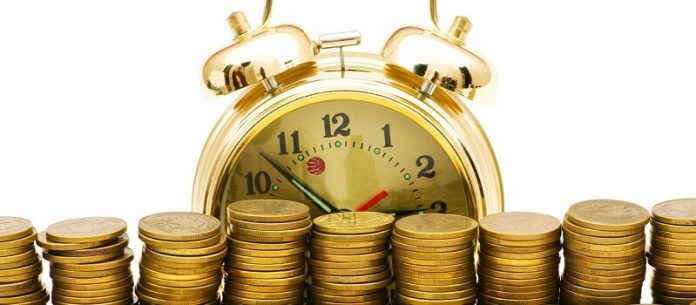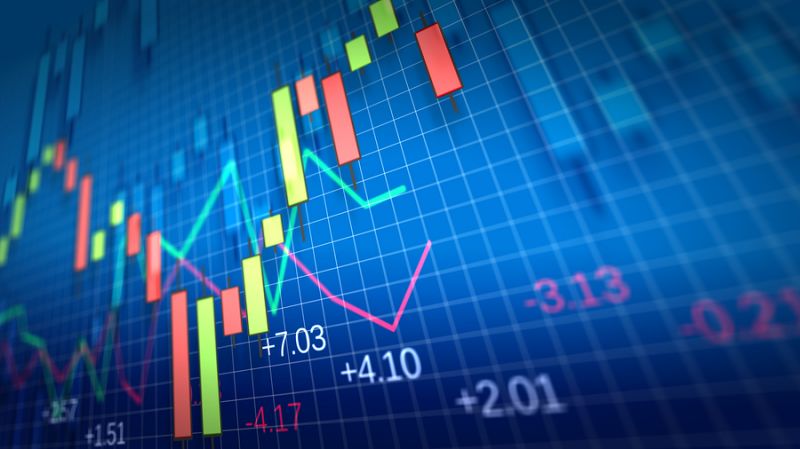The lure of the yellow metal is very strong among us Indians. Gold is the central theme in weddings and religious ceremonies; Gods and brides are both adorned with gold jewellery. Buying gold is considered auspicious, especially on days like Akshaya Tritiya and Dhanteras.
It’s a countrywide notion that surplus money can be used to buy gold ornaments, which can in turn bail you out in a financial crisis. In the old days—when equity markets were non-existent and there were no financial and an investment product other than bank deposits—gold was the ultimate choice.
This notion has changed a bit today; people are choosing other investment options that yield better returns. Gold is undeniably still an asset; however, you are bound to lose when you sell it in the form of ornaments. This loss can be attributed to the wastage factor charged by jewellers.
Unlike Fixed Deposits—where the maturity value is always more than the sum invested—what you get in return for the gold you surrender is almost always lesser than its market value.
Advantages Fixed Deposits have over gold
Coming to our primary question (on the choice of investment option), a Fixed Deposit does tend to give you an edge. Interest rate on FDs is subject to fluctuations; gold prices also move up and down, depending on the supply and demand factors. So, it’s best to have an investment spread that strikes a balance between risks and return.
Returns
The deciding factor when choosing a Fixed Deposit is the returns it offers. FD interest rates are pre-decided, and when you open an FD, you are well aware of the interest rate corresponding to the tenure.
An FD interest calculator is designed to instantly show you how much you’ll make when your investment reaches maturity.
Unlike FDs, the returns on gold are rather unpredictable—the prices can go up or down. You would definitely not want to sell at a loss. So, you have to wait till the gold price exhibits an upward trend, which is difficult to predict. There are many factors—like RBI bullion reserves—that can affect gold prices. You can use this FD Calculator.
Costs
Having a few kilograms of gold at home is sure give you sleepless nights.
There is always the risk of theft. For safety reasons, you’d probably hire a bank locker. This entails paying yearly rent. The gold kept safe under lock and key does not yield any income; on the contrary, you’ll have to pay to ensure its safety.
Fixed Deposits yield interest. You can choose to withdraw interest cumulatively, or at monthly or quarterly intervals. There are no charges on opening, holding, or closing a Fixed Deposit account. Only in case of pre-closure will you will lose interest, to the tune of 1%.
Risk
Any investment is fraught with risk. However, the magnitude of risks attached varies between different investment options. For instance, shares in the equity market can fetch high returns but you take a higher risk, as many factors can play truant with the market conditions, resulting in a low-returns phase.
Unlike ETF gold, physical gold is certainly risky. Firstly, you have to know that gold is graded based on its purity. As a layman, you cannot be sure of its purity when buying it. Though today’s gold prices have hit a peak, gold is still subject to a risk. Five years down the line—when people aren’t so obsessed with it—gold prices could tumble.
Fixed Deposits, especially those held with banks, do not face these risks. The Deposit Insurance and Credit Guarantee Corporation insure your deposits—up to Rs.1 lakh with each bank.
Tax impact
Gold attracts wealth tax. If you hold gold valued over Rs.30 lakh, you’ll need to pay 1% as wealth tax. As a new age investor, if you are investing in ETF gold, you will be liable to pay capital gains tax depending on the period of holding. While long term capital gains are taxed at 10%, short term capital gains are taxed at 15%.
Fixed Deposits prove to be tax-saving instruments. The 5-year tax-saving Fixed Deposits held with banks not only reduce your tax liability but also increase your real rate of return (actual return + amount of tax saved). You can avoid TDS through investment in multiple FDs, such that the interest earned annually is less than the threshold limit.
Fixed Deposits certainly score better over commodity gold. However, when you consider the impact of inflation, gold is certainly the winner as it is a time-tested investment against inflation. Inflation has never had an impact on the value of gold. Assuming that inflation won’t reach double-digit figures—logic certainly says so—you’re better off investing in FDs today.
Read More Articles-






